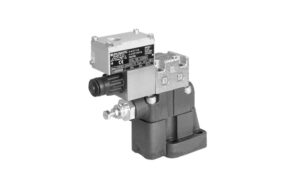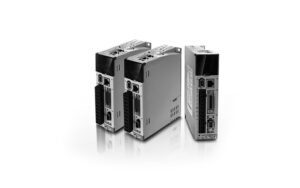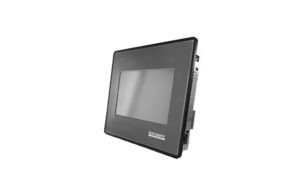Description
Cylinder pressure regulator DIN EN ISO 2503 (formerly DIN EN 585)
Single-stage cylinder pressure regulators are used to reduce compressed, liquefied and pressurized gases from cylinders with a maximum admission pressure of 200 bar to the desired working pressure, as independently as possible of admission pressure or fluctuations in the withdrawal quantity. The primary pressure dependency is approx. 1.5% for single-stage bottle pressure regulators, so that the bottle has to be readjusted from time to time when it is emptied. Bottle connection on the left.
Two-stage cylinder pressure regulators only depend on the admission pressure by 0.05%, so that readjustment in the event of fluctuations in the admission pressure (emptying the cylinder with compressed gases) is not necessary. Bottle connection on the left.
Bottle pressure regulators with a volume meter have either a so-called liter manometer or a variable area flow meter instead of the outlet pressure gauge. In the outlet, the liter manometer shows the flow rate corresponding to a specific dynamic pressure. Regulation is therefore via the normal pressure setting. The variable area flow meter is set to a fixed pressure (e.g. 3.5 to 4 bar). The quantity is therefore regulated via the shut-off valve. Bottle connection on the left.
- Single-stage cylinder pressure regulator with cylinder connection on the left – cylinder pre-pressure 300 bar.
- Star pressure regulator with bottle connection at the back – bottle pre-pressure 200 bar.







